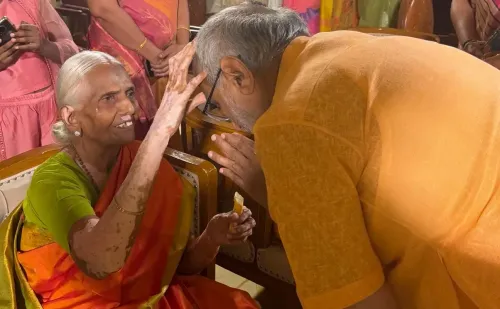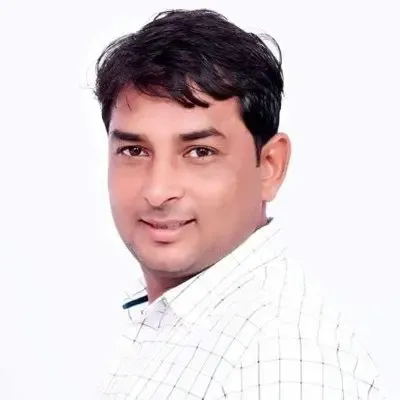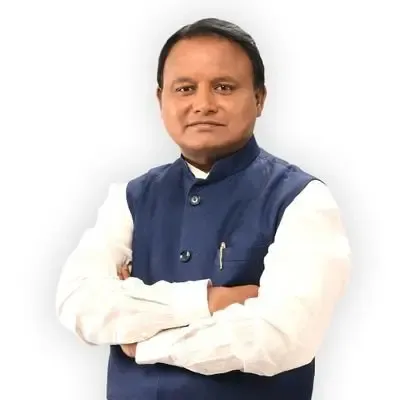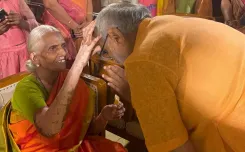Kerala Achieves 100% Tribal Voter Registration, Setting National Standard
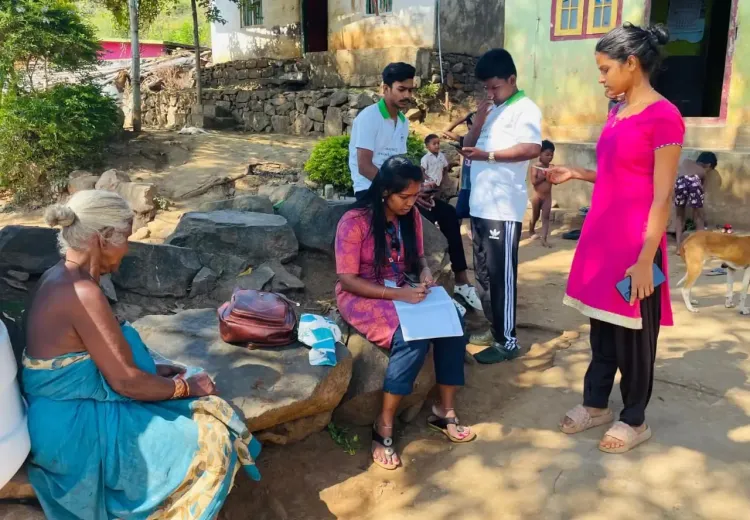
Synopsis
Key Takeaways
- 100% voter registration in seven tribal areas.
- Initiative led by the Chief Electoral Officer.
- Electoral Literacy Club played a crucial role.
- Focus on educating tribal communities about voting rights.
- Potential model for national implementation.
Thiruvananthapuram, March 18 (NationPress) Kerala has reached a remarkable milestone by accomplishing 100% voter registration in seven remote tribal areas, establishing a national standard for electoral participation.
Initiated by the Office of the Chief Electoral Officer of Kerala, this effort seeks to ensure that all eligible tribal voters are included in the democratic process, thereby facilitating their active engagement in forthcoming elections.
In the initial phase, seven secluded tribal localities in Attappady — Mele Moolakkombu, Idavani, Mele Bhoothayar, Mele Thudukki, Galasi, Thazhe Thudukki, and Gothiyarkandi — were selected and successfully transformed into fully registered voter communities.
The conclusion of voter registration in Gothiyarkandi, the last of the settlements, marked the successful end of this phase. Mele Moolakkombu earned the distinction of being the first tribal settlement in Kerala to attain complete voter registration, showcasing the state's commitment to democratic rights and social equity.
The Electoral Literacy Club (ELC) of Agali IHRD College led this initiative, with volunteers and officials navigating challenging terrain — including seven-hour treks and overnight camps — to reach remote areas like Mele Thudukki. Their unwavering dedication was crucial in registering every eligible tribal citizen.
A significant component of this initiative was the 'Chunav Pathshala', an election awareness program conducted in the Kurumba language, which informed tribal residents about their voting rights and responsibilities. These initiatives added thousands of new names to the electoral rolls, including 2,141 voters from the Irular and Kadar tribes, both classified as Particularly Vulnerable Tribal Groups (PVTGs).
In addition to registration, the initiative also focused on essential voter services, such as address updates, corrections, and voter ID issuance, effectively removing administrative hurdles for tribal communities. Furthermore, ELCs are spearheading programs aimed at enhancing the broader development and empowerment of tribal populations.
Officials anticipate that Kerala's model of electoral inclusion could serve as a framework for nationwide implementation, reinforcing India's dedication to an inclusive democracy. With the upcoming elections, Kerala is not just expanding its voter base but also ensuring that marginalized voices are amplified, marking a crucial advancement in India's democratic evolution.

